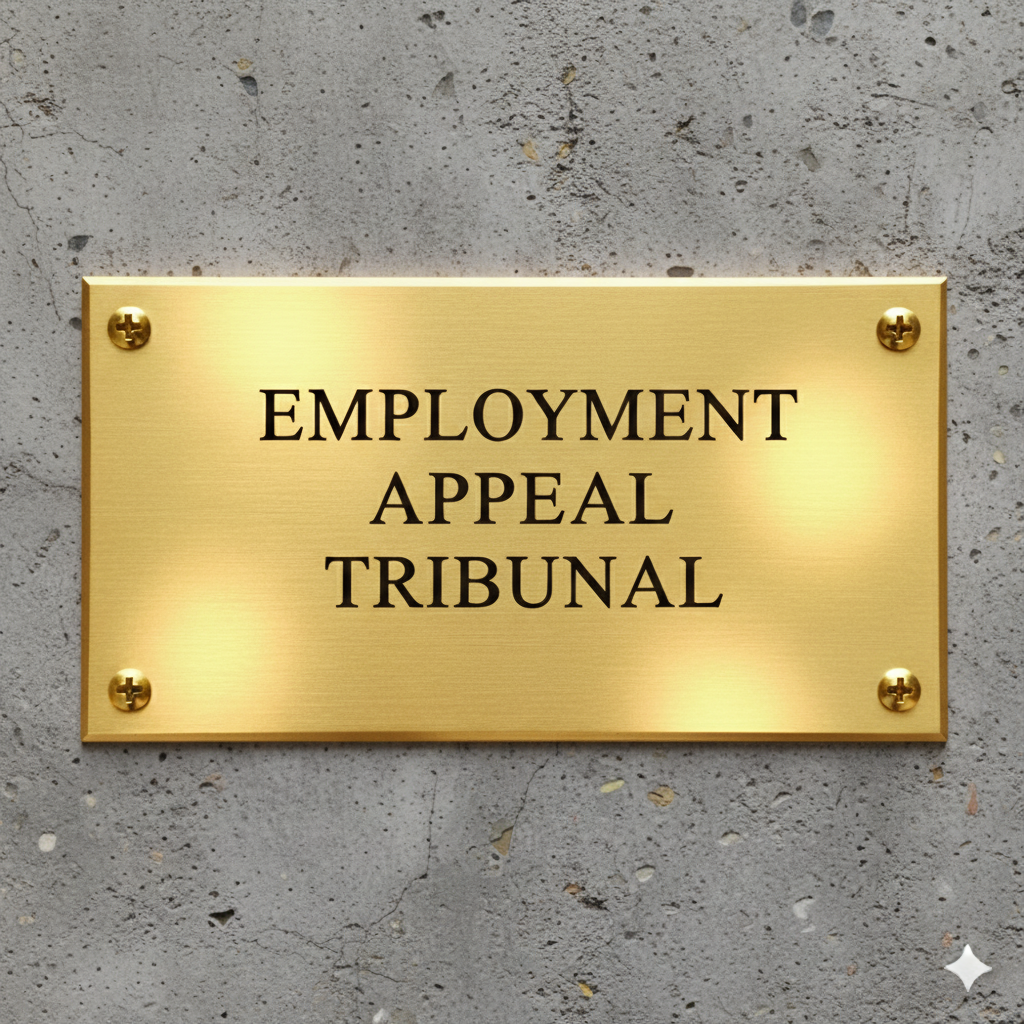Haulage Firm Faces Re-Hearing After Constructive Dismissal Appeal Succeeds
McPherson Limited faces a re-hearing after an appeal against a constructive dismissal ruling succeeded. The Employment Appeal Tribunal found the original tribunal misapplied the 'last straw' principle.
• public
Haulage Company Constructive Dismissal Case to be Reheard
McPherson Limited, a haulage firm based in Aberlour, faces a re-hearing at the Employment Tribunal after an appeal by former employee Mr. James Marshall was successful. The Employment Appeal Tribunal (EAT) found that the original Employment Tribunal (ET) had erred in its application of the law regarding constructive dismissal, specifically concerning the ‘last straw’ doctrine.
The Background
Mr. Marshall, an experienced HGV driver, claimed constructive unfair dismissal after resigning from his position at McPherson Limited. His resignation followed a period of increased pressure at the Grissan Riverside Mill, where he was responsible for tipping draff (spent grain) into the plant's intake hopper. Mr Marshall felt under pressure as he found it difficult to take breaks and complete his duties.
The claimant was annoyed when the respondent instructed another driver to accompany the claimant during the shift, check if the draff was being tipped properly, and report back as he was experienced and had done this work for many years without criticism of his abilities.
Mr Marshall raised concerns with management, including issues stemming from incidents in 2017, such as an exposure to caustic steam and a near miss with overhead power lines. However, he felt his complaints were being ignored. The ET dismissed his claim, leading to the appeal.
The Appeal Tribunal's Decision
The EAT, presided over by The Honourable Lady Haldane, allowed the appeal, focusing on the ET's flawed application of the ‘last straw’ principle, as defined in cases such as London Borough of Waltham Forrest v Omilaju and Kaur v Leeds Teaching Hospitals NHS Trust. The ‘last straw’ doctrine allows a series of actions or incidents to cumulatively amount to a repudiation of the contract by the employer, even if the final act itself isn't a breach.
The EAT found that the ET had misdirected itself by stating that the ‘last straw’ had to be repudiatory in nature to revive earlier acts. This was deemed an incorrect interpretation of the legal principles, leading to a failure to properly consider whether all the incidents, taken together, constituted a fundamental breach of the implied term of trust and confidence.
The Re-Hearing
As a result of the successful appeal, the case will now be remitted to a fresh Employment Tribunal for a complete re-hearing. The EAT determined that it couldn't confidently assess how the original ET would have ruled had it correctly applied the law.
The new Tribunal will need to reconsider the facts and apply the correct legal principles to determine whether Mr. Marshall was constructively dismissed.
Read the entire judgement here: Mr James Marshall v McPherson Ltd [2025] EAT 100
